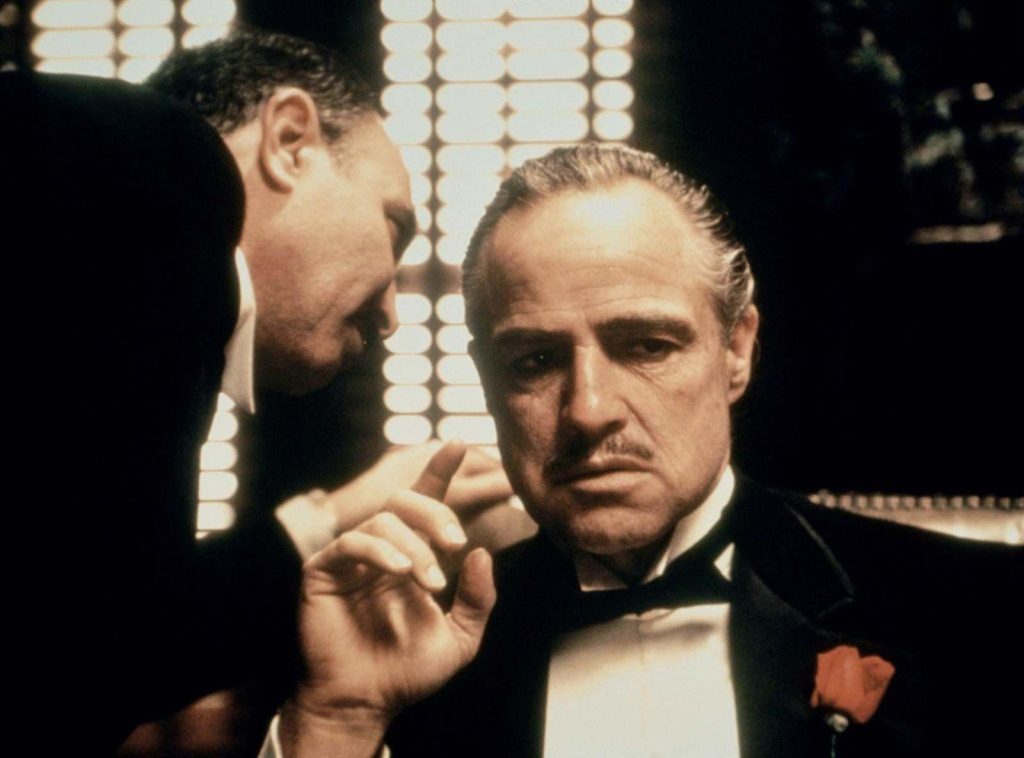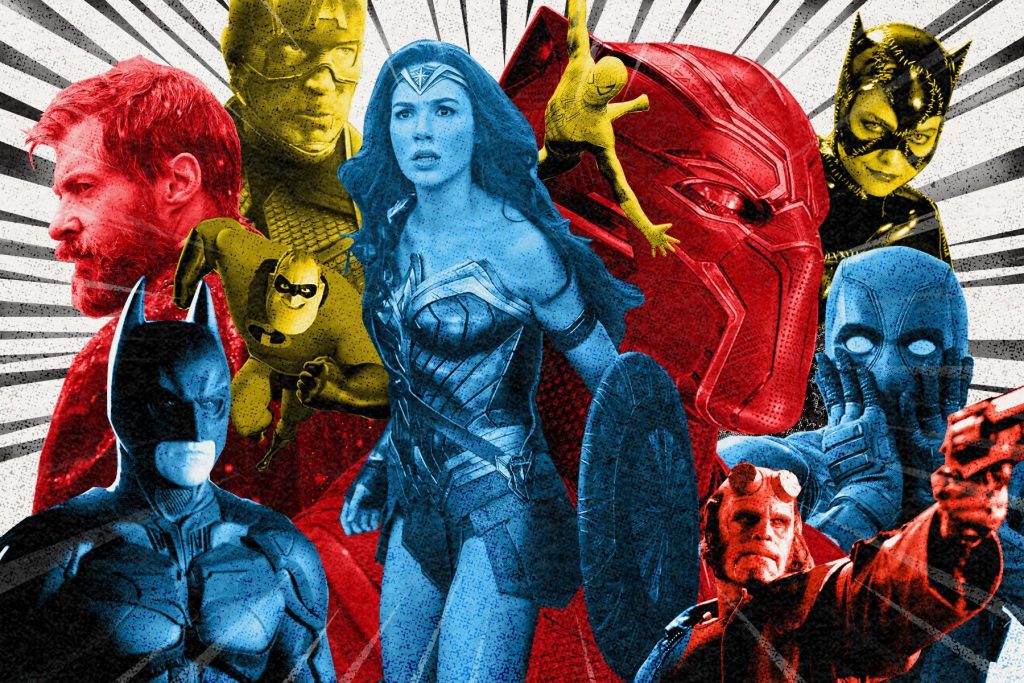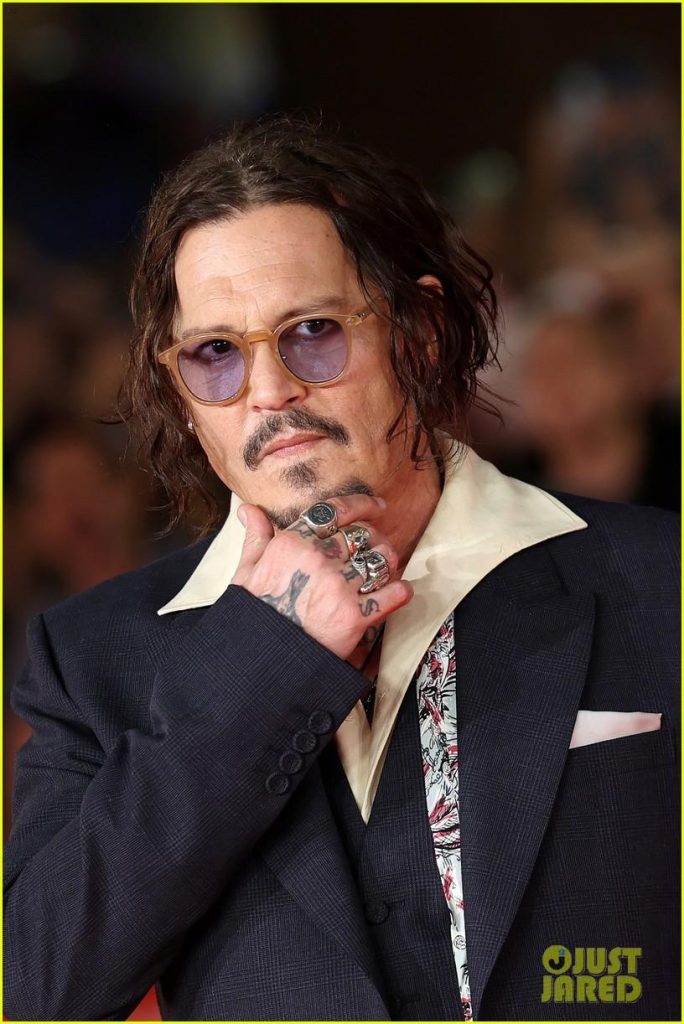In the ever-evolving landscape of modern cinema, few names carry as much weight as Martin Scorsese. Renowned for his masterful storytelling and cinematic innovation, Scorsese has become a beacon of artistic integrity and passion. Yet, in recent years, his outspoken views on superhero films have sparked a whirlwind of debate among filmmakers, critics, and audiences alike. Are his critiques a much-needed call to preserve the essence of filmmaking, or do they dismiss a cultural phenomenon that has reshaped the industry? As we delve into this contentious topic, we aim to explore the nuances of Scorsese’s perspective and the reactions it has elicited, seeking to understand whether his criticisms are justified or merely a reflection of a generational divide in cinematic tastes.
Examining the Roots of Scorseses Critique
Martin Scorsese, a stalwart of the cinematic world, has stirred quite the conversation with his outspoken views on superhero films. To understand his perspective, it’s essential to delve into the foundations of his critique. Scorsese’s cinematic philosophy is deeply rooted in the belief that films should be a reflection of the human experience, rich in emotional depth and narrative complexity. His concerns with superhero films stem from the perception that they prioritize spectacle over substance, potentially overshadowing more nuanced storytelling in mainstream cinema.
- Cinematic Tradition: Scorsese’s career is a testament to a tradition of filmmaking that values character-driven stories.
- Artistic Integrity: He has long advocated for films that challenge audiences and provoke thought, rather than offering mere escapism.
- Cultural Impact: His critique highlights a fear that the dominance of superhero films could limit the diversity of narratives available to audiences.
By examining these roots, we can better understand Scorsese’s position, even if we don’t necessarily agree with it. His perspective invites a broader discussion on the evolution of cinema and the place of different genres within it.

Understanding the Cultural Impact of Superhero Films
Superhero films have undeniably become a global cultural phenomenon, weaving themselves into the very fabric of contemporary cinema. These movies, with their larger-than-life characters and epic narratives, have captivated audiences across the world, transcending cultural and linguistic barriers. This genre has not only reshaped the box office landscape but has also influenced various aspects of popular culture, from fashion to video games. The cultural impact of superhero films can be seen in how they inspire discussions on complex themes such as identity, morality, and the nature of heroism, resonating with both young and old audiences alike.
- Global Influence: Superhero films have become a universal language, crossing borders and uniting fans from different backgrounds.
- Merchandising and Branding: The immense popularity of these films has led to a boom in related merchandise, from action figures to clothing lines.
- Narrative Complexity: While often criticized for formulaic storytelling, many superhero films have delved into deeper philosophical questions, offering more than just action-packed sequences.

Balancing Artistic Expression with Popular Entertainment
In the dynamic landscape of cinema, the delicate dance between artistic expression and popular entertainment often sparks debate. Renowned filmmaker Martin Scorsese has long been a torchbearer for the former, emphasizing the importance of storytelling that delves deep into the human condition. His criticism of superhero films, which he argues prioritize spectacle over substance, raises questions about the evolving nature of cinema. This isn’t merely a dismissal of the genre but a call to reflect on the balance between commercial success and artistic integrity.
- Artistic Integrity: Scorsese champions films that provoke thought, challenge perspectives, and offer profound insights into human experiences.
- Popular Appeal: Superhero films, with their massive fan base, cater to audiences seeking entertainment and escapism, often resulting in box office triumphs.
- The Middle Ground: Can these two seemingly divergent paths coexist harmoniously, offering both profound narratives and thrilling entertainment?
Ultimately, the conversation isn’t about vilifying one approach over the other but exploring how diverse forms of storytelling can coexist, each enriching the cinematic tapestry in their unique ways.

Navigating the Dialogue Between Cinema Icons and Modern Audiences
In the ever-evolving landscape of cinema, the dialogue between legendary filmmakers and modern audiences often illuminates the shifting dynamics of film appreciation. Martin Scorsese, a titan of the industry, has sparked lively debates with his candid remarks on superhero films. His critique, rooted in a belief that these blockbuster phenomena lack the emotional and psychological depth of traditional cinema, raises important questions about the role of art versus entertainment in film.
Modern audiences, however, may see things differently. Many cherish superhero movies for their escapism, visual spectacle, and the cultural zeitgeist they represent. In this discourse, several key points emerge:
- Artistic Integrity: Should cinema be defined by its artistic depth, or is there room for pure entertainment?
- Cultural Impact: Do superhero films reflect and influence societal values in ways that traditional films cannot?
- Generational Differences: Is the divide a reflection of generational preferences, with younger audiences embracing new storytelling formats?
As these discussions unfold, they underscore the rich tapestry of perspectives that shape our understanding of what cinema is—and what it can be.









